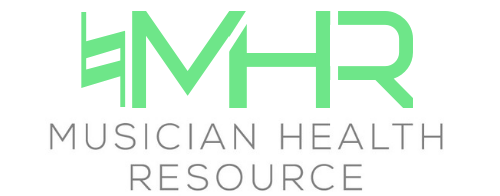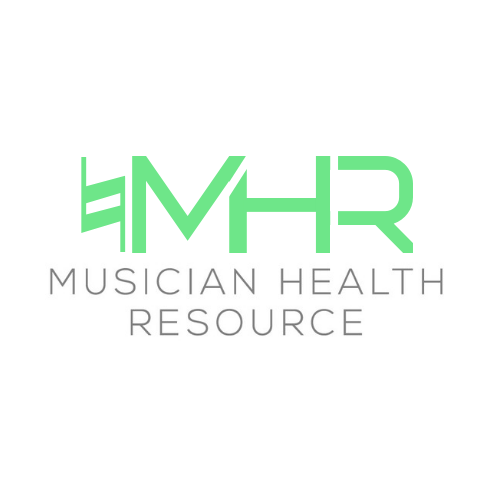
There's a lot of back-and-forth on this topic as the historical evidence is wavering, that eating foods high in Omega-3 fatty acids can help contribute to lessening depression and other major psychiatric disorders.
One thing is for certain, it doesn't hurt.
Depressed people have been shown to have lower levels of Omega-3's, a fatty acid found in seafood and nuts. Specifically depressed people have lower levels of EPA (eicosapentaenoic acid) and DHA (docosahexaenoic acid) - which are the building blocks of an Omega-3 fatty acid chain. DHA helps us with nervous system function, EPA helps us with focus and attention.
Because many antidepressant medications work to improve the balance of our nervous system and focus, attention and motivation, taking an Omega-3 supplement in conjunction with prescribed medication has been proven to increase the results of the medication.
For people opting to manage mild/moderate depression without the use of prescription drugs, Omega-3's have also been shown to increase the volume of areas in the brain which are responsible for regulating mood.
While the benefits in regards to mental health are still being researched and are not proven as solidly as exercise, ecotherapy or diet, picking up a bottle of fish oil pills on your next trip to the grocery store can certainly do no harm. Omega-3 oils can also be found in flax oil, walnut oil, chia seed oils and some soy based oils.
Many of the benefits disappear with heat and I suggest finding a refrigerated liquid alternative (although the taste might not be as pleasant...) over a bottle of pills or an oil from the grocery store shelf. Or, most preferable, just eat a handful of walnuts, add chia seeds to a smoothie or morning oatmeal, or enjoy some salmon for dinner. Fresh is always best!
Whether increasing Omega-3's works for your depression or not, it's an undoubtable health benefit that will help you on the way to living a life of less pain and more music!
Karen







